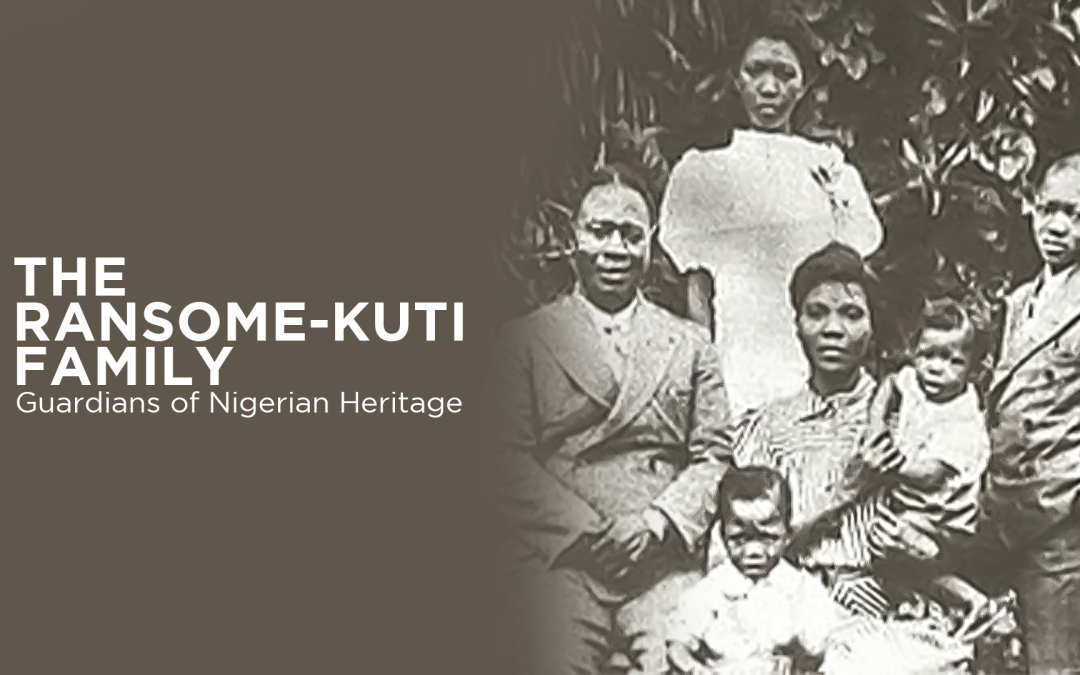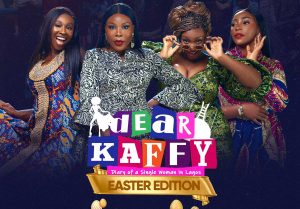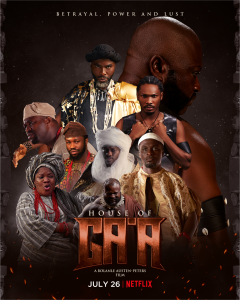Introduction
The Ransome-Kuti family stands as a towering beacon of cultural preservation, advocacy, and social justice in Nigeria. Through their diverse endeavours, they have woven a rich tapestry of Nigerian heritage that inspires generations.
The Matriarch: Funmilayo Ransome-Kuti
Funmilayo Ransome-Kuti was not just the matriarch of the Ransome-Kuti family; she was a formidable advocate for women’s rights and education, challenging colonial rule and societal norms.
Fela Kuti: Afrobeat Pioneer
Fela Kuti’s contribution to Nigerian music and culture is immeasurable. His creation of Afrobeat and unwavering political activism have left an indelible mark on the world.
Femi Kuti: Carrying the Torch Forward
Femi Kuti has not only preserved his father’s musical legacy but has also used his platform to advocate for social and political reforms in Nigeria.
Yeni Kuti: Cultural Ambassador
Yeni Kuti has played a crucial role in promoting Nigerian arts and culture, particularly through her involvement with The New Afrika Shrine, making it a hub for cultural exchange and advocacy.
Seun Kuti: The Young Rebel
Seun Kuti, leading his father’s band Egypt 80, has continued the family’s tradition of using music as a tool for social and political commentary.
Made Kuti: The Next Generation
Made Kuti, blending the rich musical traditions of his family with modern influences, represents the future of the Ransome-Kuti legacy, ensuring their message endures.
The Ransome-Kuti Family and Education
The family’s commitment to education has been pivotal in their advocacy, promoting literacy and learning as tools for empowerment and change.
The New Afrika Shrine: A Legacy in Itself
The New Afrika Shrine stands as a testament to the family’s dedication to Nigerian culture, hosting events that celebrate and reflect on the nation’s heritage and future.
The Ransome-Kuti Women: Beyond Funmilayo
The women of the Ransome-Kuti family have been instrumental in advancing women’s rights and social justice, embodying the spirit of advocacy and resilience.
Challenges and Controversies
Despite facing political repression and controversies, the Ransome-Kuti family’s commitment to their causes has never wavered, showcasing their strength and resilience.
The Ransome-Kuti Family on the Global Stage
With international recognition and influence, the Ransome-Kuti family has elevated Nigerian music and culture, fostering a global appreciation for their heritage.
Preserving Nigerian Heritage
The family’s efforts in preserving Nigerian art, music, and cultural sites have been vital in maintaining the country’s rich heritage for future generations.
The Future of the Ransome-Kuti Legacy
As the younger generations of the Ransome-Kuti family continue to emerge, the legacy of activism, music, and cultural preservation promises to thrive and evolve.
Conclusion
The Ransome-Kuti family, as guardians of Nigerian heritage, have crafted a legacy that transcends music and activism. Their enduring impact on Nigerian culture and society is a testament to their unwavering commitment to justice, equality, and the preservation of heritage.
FAQs
- Who was Funmilayo Ransome-Kuti?
-
- A trailblazing Nigerian educator, political campaigner, women’s rights activist, and mother of the legendary musician Fela Kuti.
- How have Femi and Seun Kuti contributed to Afrobeat?
-
- Femi and Seun Kuti have both carried and expanded the Afrobeat genre globally, each adding their unique style and messages to address contemporary issues, thus continuing their father Fela’s musical and activist legacy.
- What role does The New Afrika Shrine play in cultural preservation?
-
- The New Afrika Shrine, established by the Kuti family, serves as a cultural and musical hub in Lagos, preserving Afrobeat music and promoting social, political, and cultural discussions relevant to Nigeria and Africa.
- How is Made Kuti differentiating his music from that of his predecessors?
-
- Made Kuti brings a fresh approach to Afrobeat by integrating modern jazz elements, complex arrangements, and contemporary issues into his music, while still honouring the foundational sounds and messages of his grandfather Fela and father Femi.
- Can you tell more about the educational and activist endeavours of the Kuti family?
-
- The Kuti family, following in Funmilayo’s footsteps, has been deeply involved in activism and education, advocating for social justice, human rights, and political reform in Nigeria, and using their music as a platform to educate and mobilize.




tools